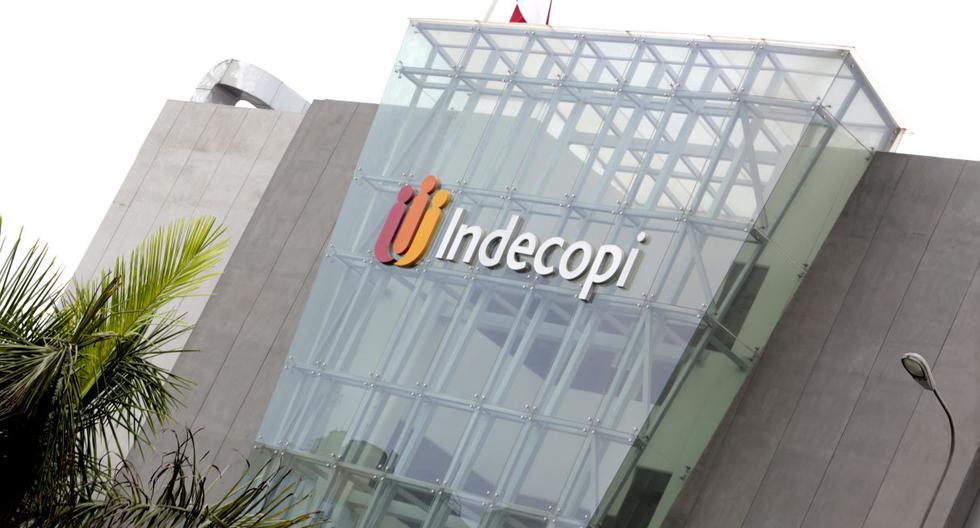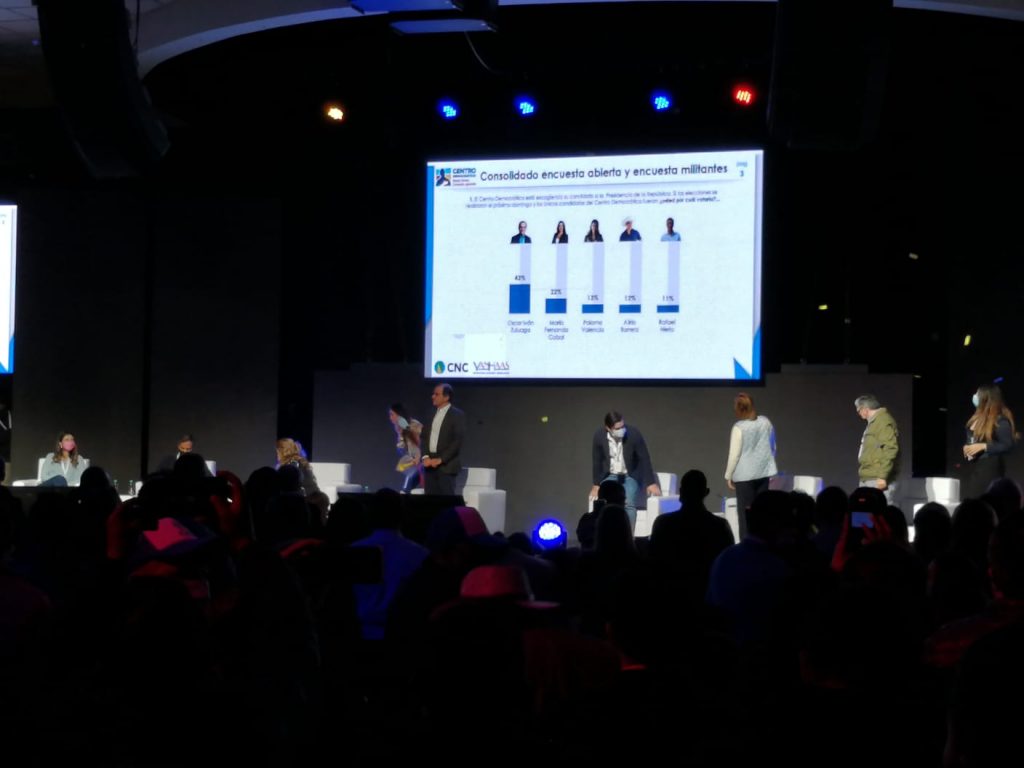Tegucigalpa, Honduras | AFP | Honduras arrives at the general elections this Sunday in a climate of anxiety, with citizen fears of unrest after the results, such as those that were unleashed in 2017 when President Juan Orlando Hernández was reelected amid accusations of fraud.
Here are some keys to understanding this contest.
1 war in networks
“As in various parts of the world, social networks are being used in the campaign with manipulative messages, with messages inciting hatred,” expert Eduardo Domínguez, in charge of verifying data for the newspaper El Heraldo, told AFP.
According to a Time magazine publication, which cites the cybersecurity firm Nisos, coordinated waves of messages have been detected from fake Twitter accounts, with disinformation.
These messages go against the opposition candidate Xiomara Castro (Free Party, left), and favor the ruling National Party (PN, right), which is running Nasry Asfura as its candidate.
In April 2020, Twitter removed 3,104 fake accounts linked to the government.
2.- Drug trafficking, corruption and violence
President Juan Orlando Hernández himself has been identified as a co-author in the crime of drug trafficking, by a prosecutor in New York.
His brother “Tony” Hernández is serving a life sentence in the United States for this crime. The president rejects the charges and assures that they are false accusations of drug lords that his government extradited.
A capo of the Los Cachiros cartel also assured that he bribed former president Manuel Zelaya, the husband of the candidate Castro. Remarks that he denies.
And candidate Yani Rosenthal, from the Liberal Party, is running after serving three years in prison in the United States for laundering drug money.
Of the 13 candidates for the presidency, one was arrested less than a month ago, investigated for drug trafficking and homicides.
Meanwhile, the official Asfura is being investigated for embezzling funds from the capital city.
In one of the most violent countries in Latin America, in the last year at least 31 people have been murdered in crimes related to the political campaign.
“I am deeply concerned about what we are seeing in Honduras. Elections have not yet taken place, but political violence has already reached disturbing levels,” UN High Commissioner for Human Rights Michelle Bachelet said recently.
3.- The ghost of “communism”
Castro is the wife of former President Zelaya, who was overthrown in 2009 by a civic-military alliance, after his rapprochement with the government of Hugo Chávez in Venezuela.
His opponents call Castro a “communist” and have released a video from 2015 that records his participation and speech in Caracas, during a tribute to Chávez.
She assures that she promotes “democratic socialism” and wants to restore relations with China. Honduras currently recognizes Taiwan.
4.- Abortion and equal marriage
In a conservative country and where abortion is completely prohibited, Xiomara Castro creates problems for himself by proposing that it be decriminalized in cases of rape, danger of the mother’s life or malformations.
“This campaign is endangering our lives, Xiomara walks with people who protect her but we, the human rights defenders, no, and in the neighborhoods they attack us, calling us abortionists,” denounced Suyapa Martínez, coordinator of the Center for Studies on the Woman of Honduras (CEM-H). “It is a call to kill us,” he lamented.
Although equal marriage is not in his plan, Castro is open to a citizen consultation. And it raises a law of gender identity.
“Honduras continues to be a homophobic conservative country, sexual references should not be a campaign issue. We blame it for being used as a fighting flag,” said Sandra Zambrano, an LGBTI activist.
5.- Fear: Stock up like a hurricane
In 2017, when President Hernández was re-elected amid accusations of fraud, protests broke out that left some thirty people dead and destroyed.
Against this background, on this occasion, some Hondurans have filled supermarkets to stock up, fearing that a social upheaval after the results will force them to stay home.
“Hopefully there are no riots (…), we are the ones affected,” says Wilson García, a vegetable seller in a market in the capital.









